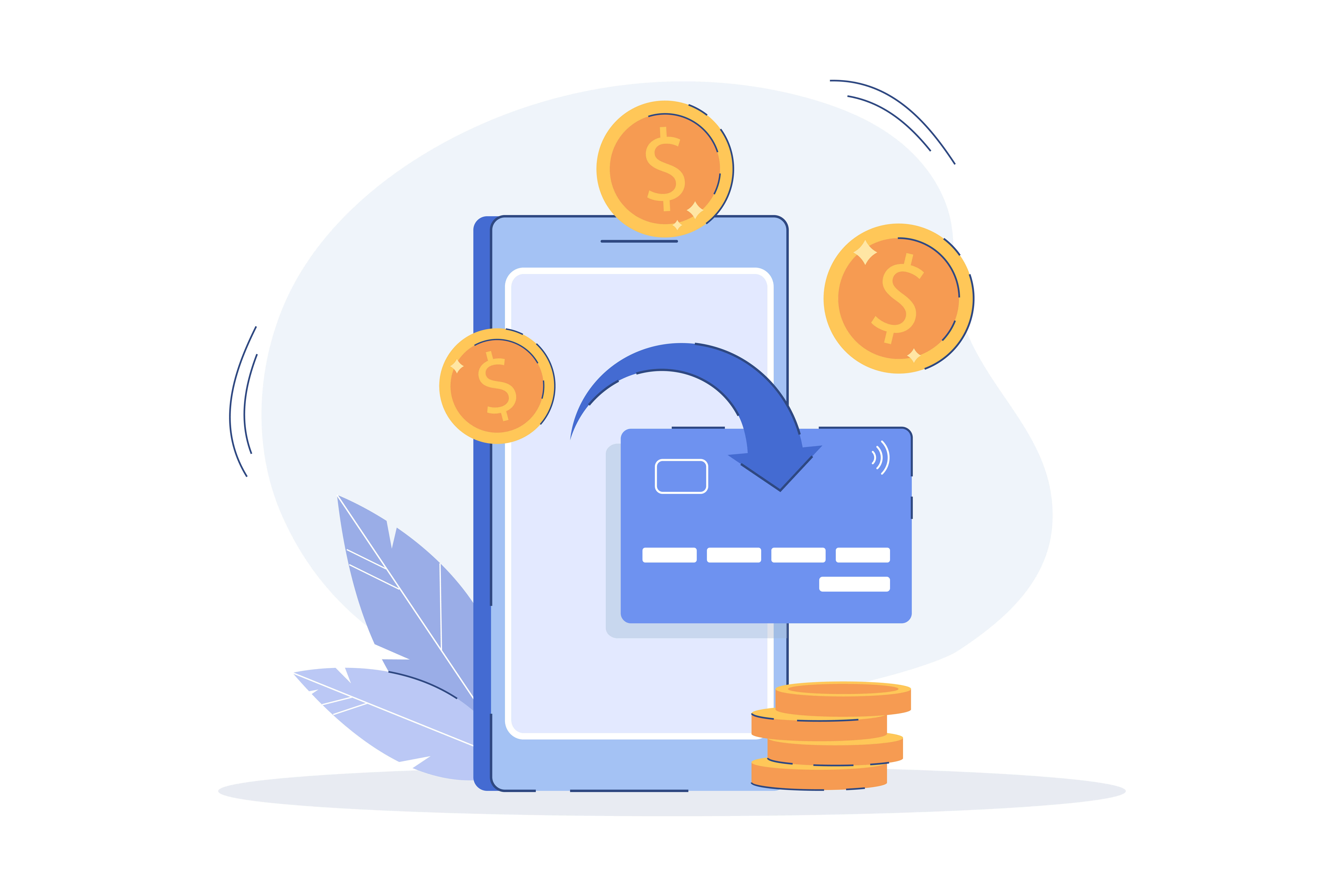Contents.
Why plan a budget and where the money goes
- supermarket groceries and food delivery are often mixed into one, so we don't notice how we spend more on pizza, snacks and other goodies in a week than on family dinners in a month;
- transportation and taxis — a trip for 200 UAH seems like a trifle until you count how many of them you had in a month;
- subscriptions to Netflix, Spotify, Google Drive, Duolingo, and a bunch of other apps are quietly pulling money out of your pockets, even if you don't use them;
- morning coffee in your favorite place and similar small pleasures cost up to UAH 100, but together they accumulate into large sums that you didn't plan to spend.
Budget is a team (and calendar) affair
- set aside one evening a month to plan and discuss it;
- discuss plans and financial goals, not just “holes” and debts;
- divide areas of responsibility: who takes care of the utility bill, who takes care of groceries, etc.;
- break down expenses into 3 categories: fixed (utility bill, subscriptions), variable (food, transportation, entertainment), seasonal (gifts, school, holidays, comprehensive medical examinations and medicines);
- involve children in planning to increase their financial literacy and responsibility.
How to achieve financial goals and not give up halfway through
Apps and services to help you stick to your financial plans
- cashback. Getting part of your money back for everyday expenses is not only nice, but also motivates you to spend wisely. In addition, bank and partner categories change every month, so there is always a chance to save even more;
- Pay by installments. Large purchases are no longer intimidating if you can pay for them conveniently, without overpayments, and spread the financial burden over several months;
- deposit or interest on the balance. Everything is clear with the first point, but the second one could use some specifics. Even if you just keep funds on your GlobusPlus Light card, they work and earn 5% on the balance every month. This means that your savings grow without any additional effort.





